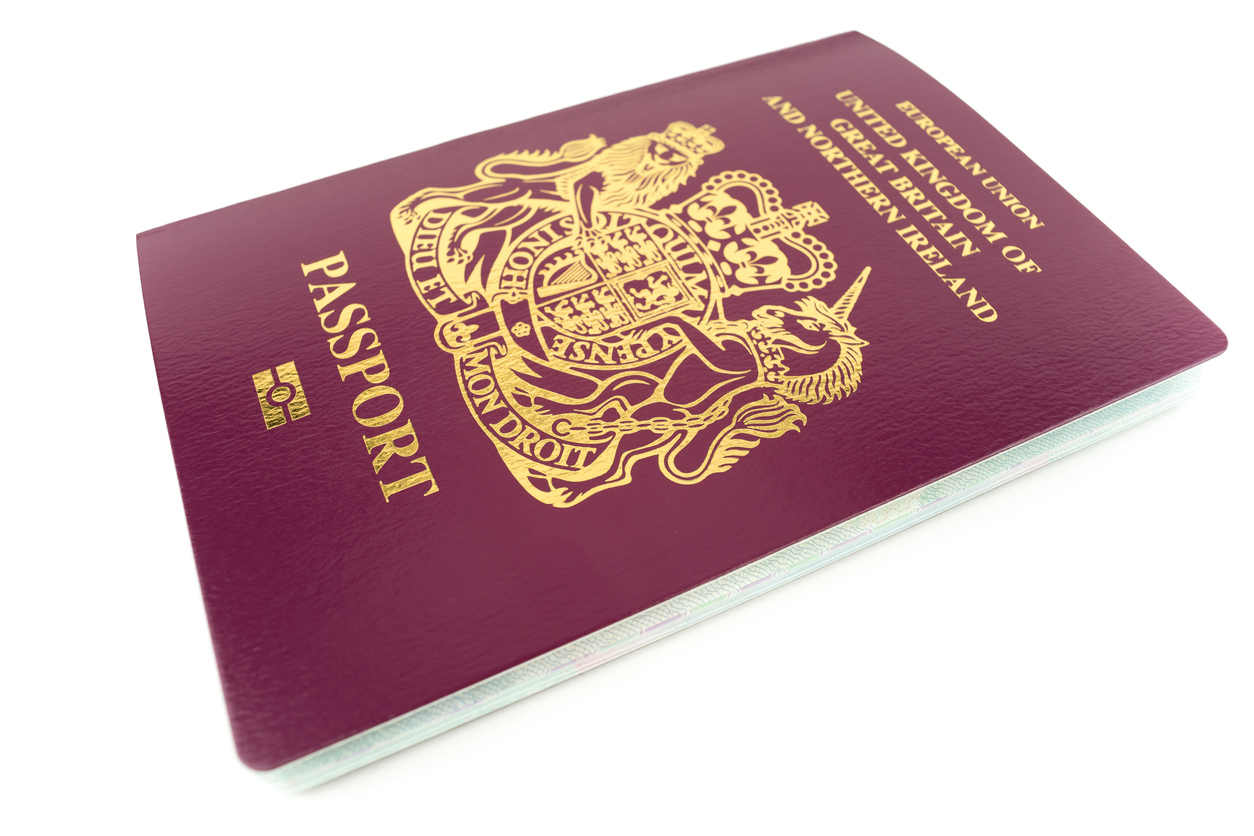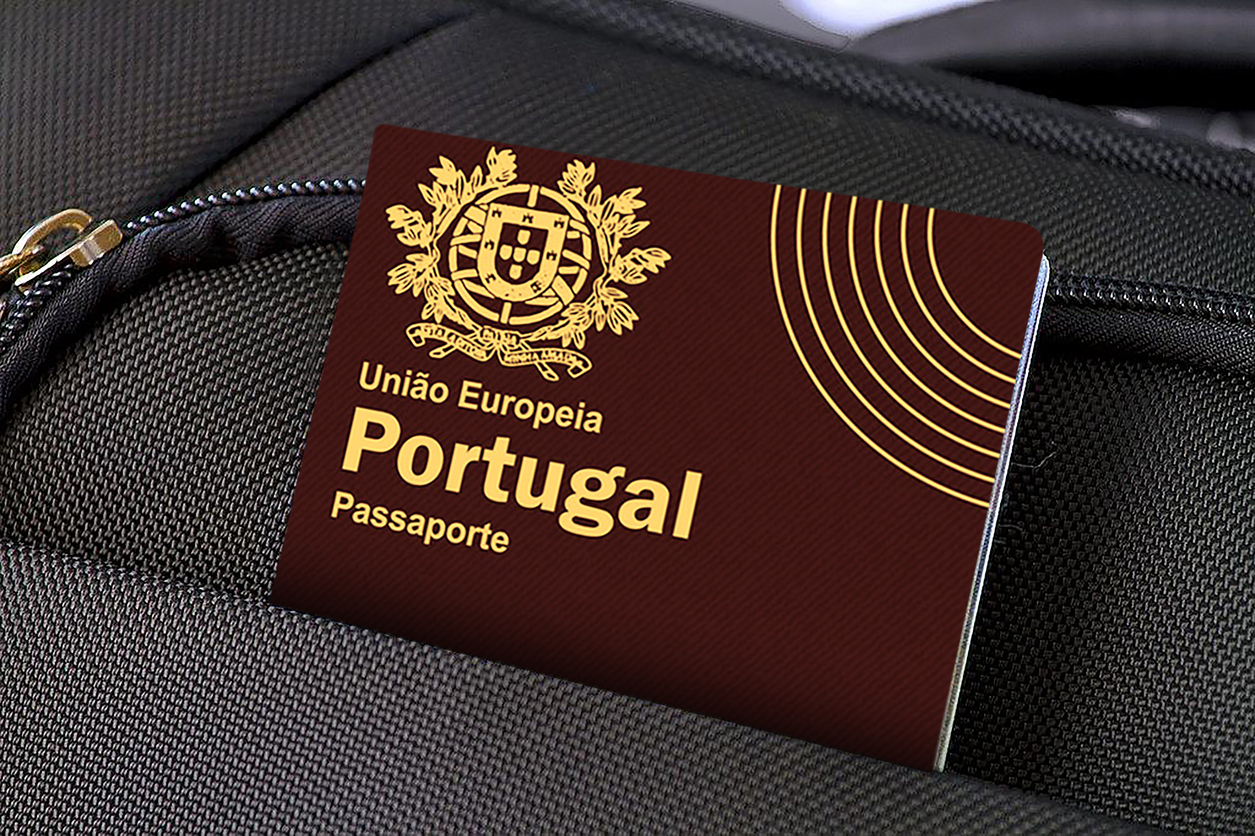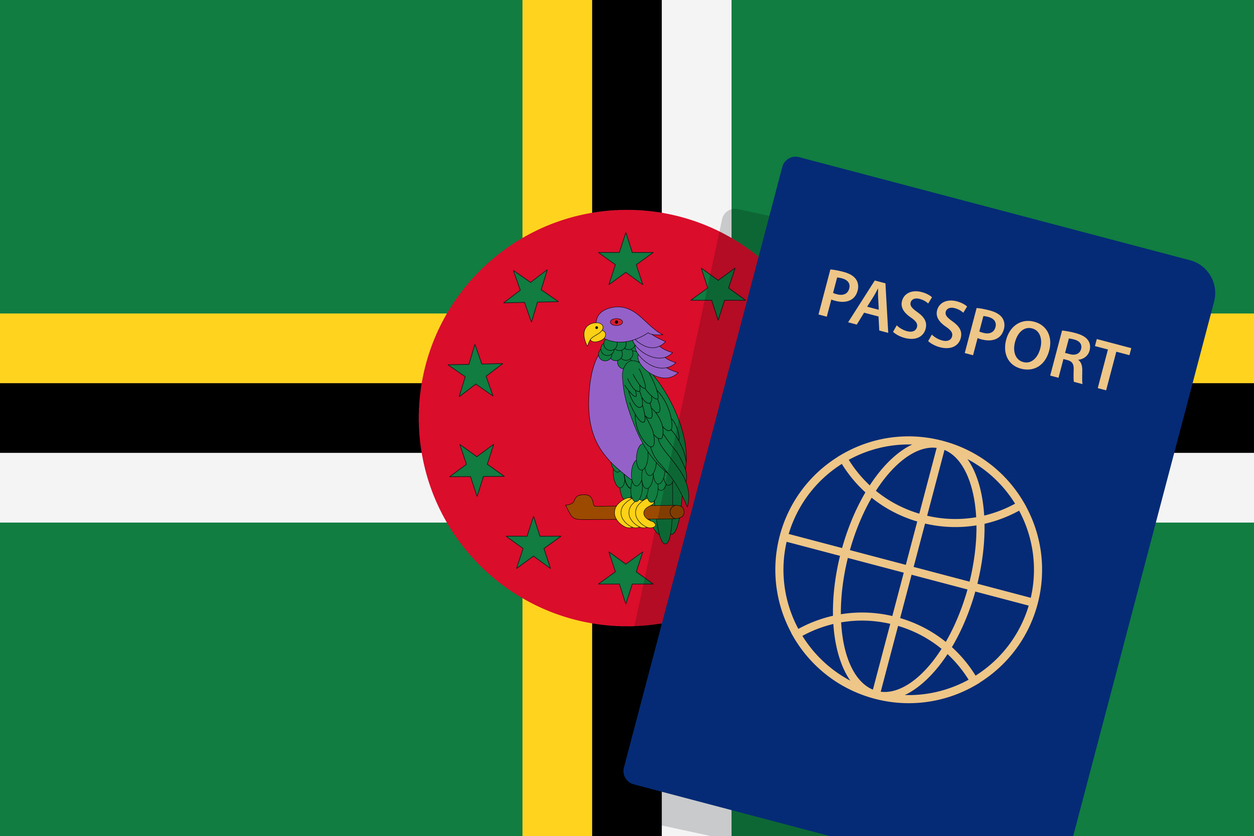How to Achieve a Hassle Free Business Setup in Nigeria in 2025
Entering the Nigerian market offers enormous potential—Africa’s largest economy, a fast-growing consumer base, and strong demand across FMCG, agriculture, manufacturing, and wholesale distribution. But anyone planning to establish a presence quickly discovers that setting up a business in Nigeria can be challenging without the right support.
From regulatory requirements to sourcing reliable suppliers, achieving a hassle free business setup in Nigeria requires preparation, trusted partners, and efficient execution. This guide breaks down what investors, exporters, and entrepreneurs need to know—along with how Wigmore Trading can help streamline the entire process.
Why Nigeria is a Prime Business Destination
Nigeria remains a strategic choice for companies looking to expand into West Africa due to:
-
A population exceeding 200 million
-
Strong demand for imported FMCG, industrial equipment, and raw materials
-
Access to key ports and distribution corridors
-
A thriving cross-border trade ecosystem
However, understanding local regulations and navigating logistics can be time-consuming. That’s why many foreign companies rely on specialist partners to simplify entry.
Common Challenges When Setting Up a Business in Nigeria
Even seasoned investors face obstacles such as:
-
Lengthy documentation and registration processes
-
Identifying legitimate suppliers or distributors
-
Import compliance complexities
-
Unreliable logistics networks
-
Difficulty securing warehousing and inventory management
These challenges can delay operations, increase costs, and limit early profitability.
Steps for a Hassle-Free Business Setup in Nigeria
Here’s how businesses can enter the Nigerian market with confidence:
1. Register Your Business Legally
Registration with the Corporate Affairs Commission (CAC) is the first step. Investors must submit:
-
Company name
-
Director/shareholder details
-
Memorandum & Articles of Association
-
Registered office address
Wigmore Trading works with trusted local partners who can guide you through correct documentation and speed up processing.
2. Understand Import and Regulatory Requirements
Whether you’re importing food, electronics, construction materials, or FMCG items, Nigeria has specific compliance rules. Requirements may include:
-
NAFDAC registration for food and consumables
-
SONCAP certification for industrial goods
-
Form M documentation for imports
Wigmore Trading can help ensure you meet all import guidelines seamlessly.
3. Secure Reliable Supply Chains
A major barrier for new entrants is finding credible suppliers and distributors. Our team can connect you with reputable manufacturers and provide bulk sourcing across multiple categories—reducing risk and saving time.
4. Establish Logistics, Warehousing & Distribution
Without dependable logistics, even the best business plan falls apart. Wigmore Trading offers:
-
Port-to-warehouse transport
-
Bulk freight consolidation
-
Secure warehousing in multiple Nigerian states
-
Distribution support for wholesale and retail channels
This end-to-end approach ensures your products move efficiently from supplier to market.
5. Partner With Local Experts You Can Trust
Working with experts who understand the Nigerian business landscape is the key to achieving a hassle free business setup in Nigeria. Wigmore Trading provides on-ground knowledge, procurement support, and logistics solutions designed to eliminate delays and reduce overheads.
How Wigmore Trading Helps You Start Strong
Our team supports businesses at every stage of the setup process. Whether you’re a first-time investor or an established exporter, we assist with:
-
Market entry guidance
-
Product sourcing & supply chain planning
-
Customs clearance & compliance
-
Cost-effective shipping solutions
-
Wholesale distribution partnerships
Contact Wigmore Trading today to streamline your sourcing and simplify your expansion into Nigeria.








Comments are closed.